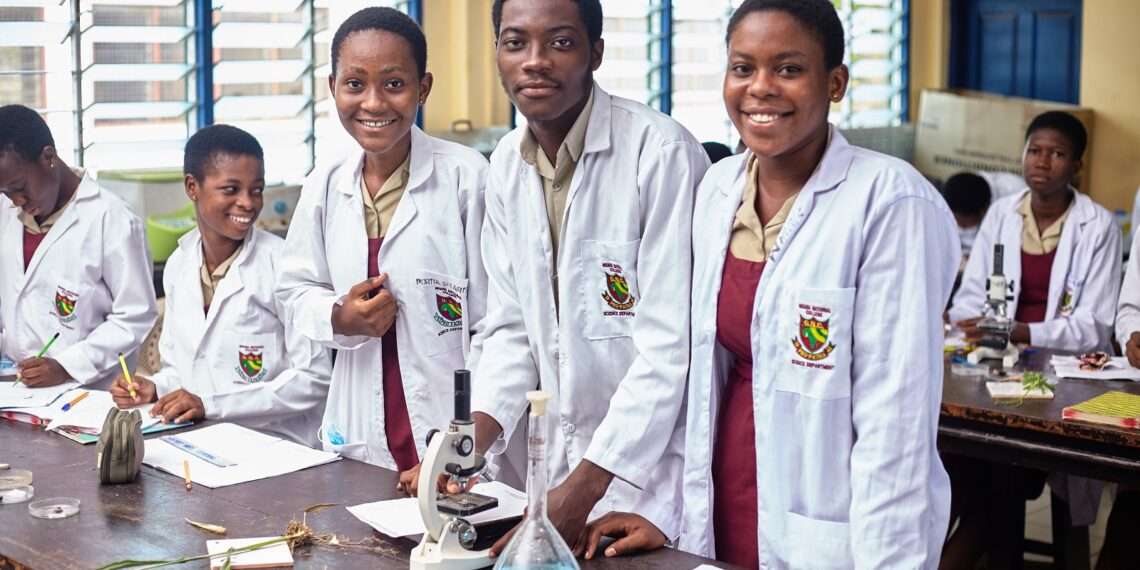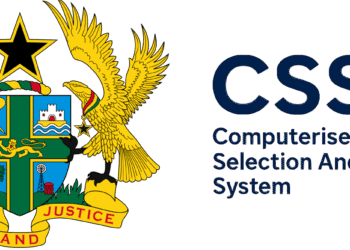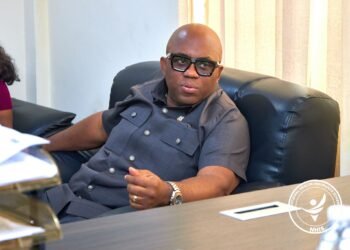Dr. Theo Acheampong, a Political Risk Analyst and Fellow at the IMANI Centre for Policy and Education has emphasized that the Free Senior High School (Free SHS) policy stands as one of the most impactful legacies and social interventions of the current administration.
According to him, the policy has significantly improved access to secondary education for many Ghanaians, especially those from economically disadvantaged backgrounds.
Acheampong further expressed his hope that future governments will sustain the Free SHS program.
He also urged them to make continuous improvements to enhance its quality, efficiency, and long-term benefits for Ghana’s education sector and workforce development.
“While not perfect, it has offered many people who ordinarily would have stayed home, an opportunity to pursue senior secondary school education—the student enrollment numbers bear testament to this, as are the WAEC and other exam results”.
Dr. Theo Acheampong
Acheampong also acknowledged that he has been a proponent of implementing means testing for the Free SHS program since 2017, as a way to ensure that resources are better targeted to those in need.
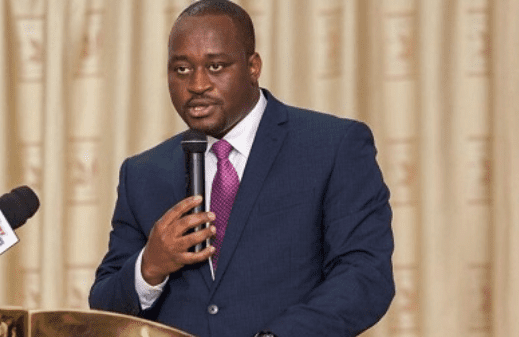
However, he emphasized that this view does not detract from the significant opportunities the program has already provided, enabling thousands of students, especially from low-income backgrounds, to access secondary education.
He noted that, despite the debate over funding models, the impact on educational accessibility has been substantial and beneficial for many Ghanaian families.
Meanwhile, a recent Afrobarometer report reveals that nearly 85% of Ghanaians support the continuation of the Free SHS program under the next government, reflecting broad public approval for the policy’s role in improving access to education.
Despite this support, 24% of respondents also highlighted education as one of the top three pressing issues facing the nation that requires immediate attention.
This suggests that, while Free SHS is valued, there are concerns about other aspects of the educational system—such as quality, infrastructure, and resources—that need improvement to meet the country’s growing educational demands.
Asare Highlights Record Concern for Education
Furthermore, Kofi Asare, Executive Director of Eduwatch Africa, emphasized that the Afrobarometer recent survey is a record-high concern for education, with 24% of respondents ranking it a top pressing national issue since the survey began in 2008.
Asare pointed out that this figure underscores a growing recognition of education as a critical national challenge.
He also noted that the previous highest rating for education-related concerns was recorded in 2019 when only 14% of respondents felt similarly.
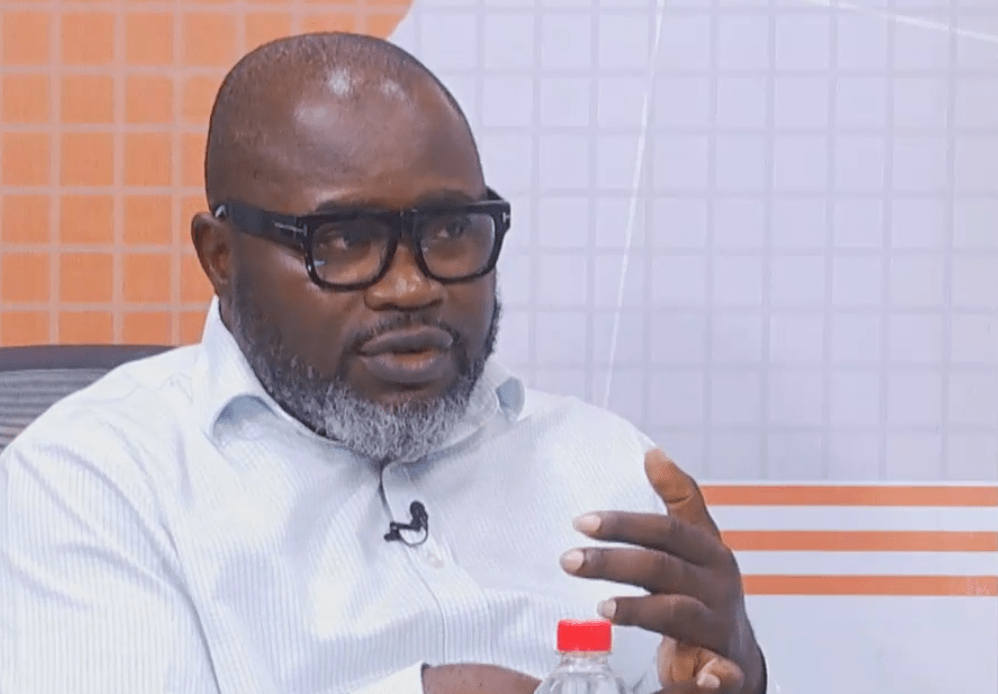
This substantial increase over the years indicates a rising awareness and urgency around the state of education in the country.
According to him, this reflects broader societal concerns about the effectiveness and accessibility of educational systems.
“When citizens want the government’s flagship education policy [Free SHS] to continue, yet see education as one of the top 3 problems facing the country, what could that suggest? Only NCCE found education to be No.1 and took the economy somewhere. Asem o”
Kofi Asare
He further discussed citizens’ perceptions of the government’s performance in addressing educational needs, highlighting that recent data shows citizens rated the government’s effectiveness at just 51%.
Asare indicated that this figure represents a notable decline from 80% in 2017, indicating a growing dissatisfaction among the population regarding the government’s efforts in the education sector.
According to him, the decrease reflects concerns about the quality and accessibility of education and suggests that many citizens feel their educational needs are not being adequately met.
According to the Afrobarometer Report, this trend underscores the pressing challenges facing the education system and the need for significant reforms.
Accordingly, Asare called on the current administration and any future government to enhance education and the Free SHS program.
He emphasized the need for strategic reforms to ensure meaningful progress and better outcomes for all students.
READ ALSO: GSE Hits New Milestone As Market Capitalization Nears GHS 100 Billion

